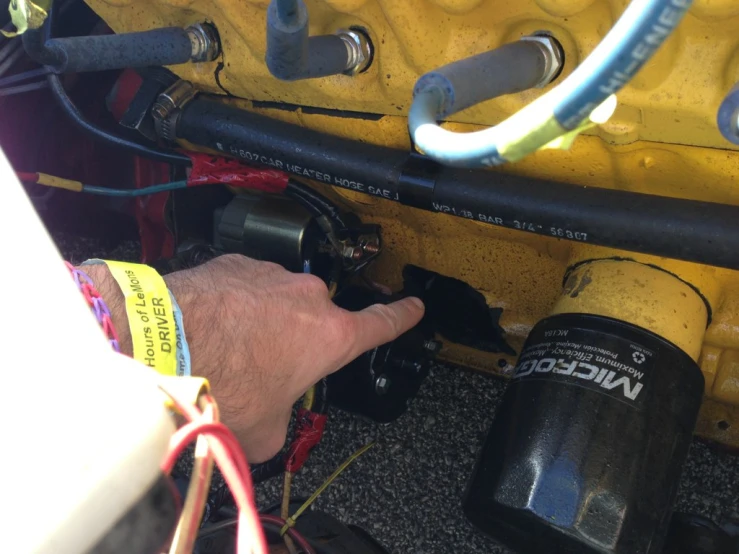1. Introduction
In modern engineering and mining, excavators are indispensable heavy equipment. To ensure their efficient operation and extend their lifespan, regular maintenance and care are crucial. Good maintenance not only improves equipment performance but also reduces the likelihood of failures, thus lowering repair costs. This article will detail daily, weekly, monthly, and seasonal maintenance tips for excavators, helping operators and managers better manage their equipment.
2. Daily Maintenance Checks
Daily inspections are the first step to ensuring the excavator operates normally. Here are some key inspection items:
2.1 Visual Inspection
Before each use, operators should conduct a comprehensive visual inspection of the excavator. This includes checking for fluid leaks, damage to the machine, and signs of wear. Timely identification of issues can prevent small faults from developing into major problems.
2.2 Fluid Levels
Ensure that hydraulic oil, engine oil, and coolant levels are within the normal range. Insufficient hydraulic oil can lead to decreased excavator performance and even system damage.
2.3 Cleaning
Keep the excavator clean by regularly removing dirt and debris, especially around the tracks, engine, and cooling system. This not only improves work efficiency but also prevents overheating and other issues.
3. Weekly Maintenance Tasks
In addition to daily checks, weekly maintenance is equally important:
3.1 Track and Blade Inspection
Check the wear condition of the tracks and blades weekly to ensure they are in good working order. Overly worn components should be replaced promptly to avoid affecting operational efficiency.
3.2 Lubrication Points
The moving parts of the excavator require regular lubrication to ensure that all lubrication points are adequately greased. Proper lubrication can reduce wear and extend equipment life.
3.3 Battery Check
Inspect battery terminals to ensure they are clean and connections are secure. The battery is a critical component of the equipment, and a healthy battery ensures reliable starting and operation of the excavator.

4. Monthly Maintenance Guidelines
Monthly maintenance helps identify potential issues and avoid unexpected failures:
4.1 Hydraulic System Inspection
Check the hydraulic system’s hoses and connections to ensure there are no leaks or damage. The normal operation of the hydraulic system is crucial for the excavator’s performance.
4.2 Air Filter Maintenance
Regularly check and clean the air filter to ensure the engine receives adequate airflow. A clogged air filter can lead to overheating and decreased engine performance.
4.3 Belt and Hose Inspection
Inspect all belts and hoses for cracks or signs of wear. Timely replacement of problematic components can prevent equipment failures.
5. Seasonal Maintenance Considerations
Different seasons require different maintenance for excavators:
5.1 Winter Preparation
In cold weather, fluids in the excavator may freeze. Use appropriate antifreeze and check the battery and electrical systems to cope with low temperatures.
5.2 Summer Care
In high summer temperatures, excavators are more prone to overheating. Regularly check the cooling system to ensure the radiator is clean and prevent overheating issues.
6. Professional Servicing
While daily and routine maintenance is very important, sometimes professional help is necessary. Scheduling regular comprehensive checks by qualified technicians can identify potential issues in a timely manner, ensuring the equipment remains in optimal condition.

7. Common Maintenance Mistakes
During maintenance, avoid the following common errors:
7.1 Ignoring Small Problems
Many operators tend to overlook small problems, believing they do not affect operations. However, if these small issues are not addressed promptly, they can lead to more significant failures.
7.2 Neglecting Records and Logs
Keeping detailed maintenance records and logs can help track the health status of the equipment and make timely maintenance decisions. Neglecting these records can lead to the loss of important information.
8. Conclusion
In summary, the maintenance and care of excavators are key to ensuring their efficient operation. By conducting regular inspections and maintenance, operators can extend the equipment’s lifespan and improve work efficiency. Adopting a proactive maintenance approach will enhance your excavator’s performance and reduce operational costs.
9. Call to Action
If you would like to receive more tips and resources on excavator maintenance, feel free to subscribe to our updates or visit our website for more related information. Ensure your equipment is always in top condition, making work easier and more efficient!


